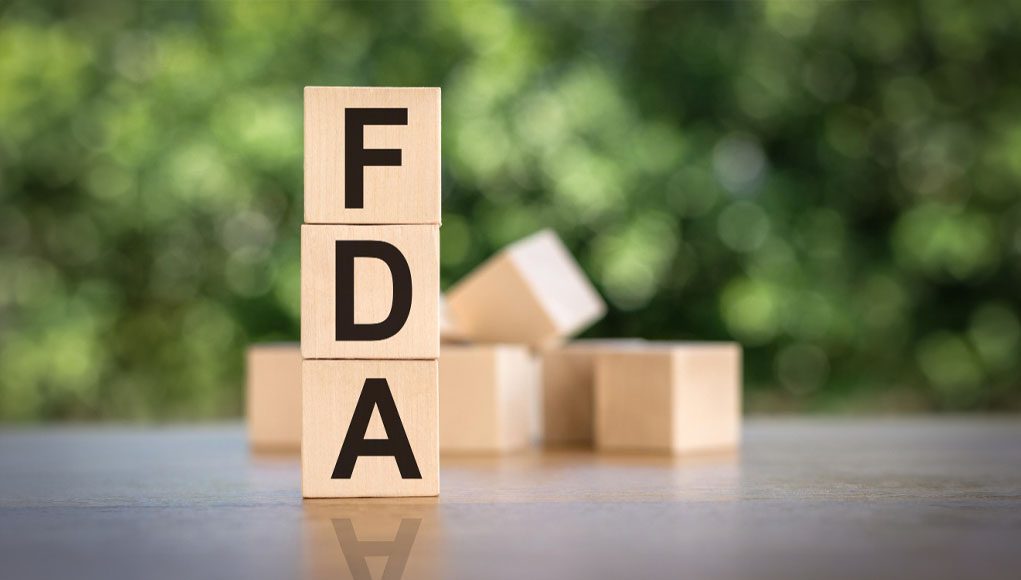U.S. Senators have criticized top health and law enforcement officials over the surge of illegal electronic cigarettes in the U.S., saying that the multibillion-dollar industry is thriving amid inconsistent enforcement. During a recent Senate Judiciary Committee hearing, both Democrats and Republicans expressed frustration with officials from the Food and Drug Administration (FDA) and the Justice Department (DOJ) over the lack of enforcement of the vaping industry, as thousands of unauthorized, flavoured vapes flood into the country primarily from China.
What the Senators seem to be missing is the fact that the illicit industry/black market is also thriving due to the restrictions in place, such as the bans on flavours and online sales. Studies and real-world data have consistently shown that when their preferred products are made unavailable, consumers tend to seek other ways, illicit or not, to obtain them.
Committee Chairman Dick Durbin questioned why many unapproved products remain available, displaying a photo of colorful vapes with child-appealing flavours, taken at a vape shop near the FDA’s Maryland campus. Durbin questioned how such products could be sold openly “in the shadow of FDA’s building” despite being illegal.
The FDA blames being “slow” on backlog of PMTA applications
In response to a 2022 recommendation by an external panel reviewing the FDA’s tobacco program, the FDA and DOJ had announced a new government task force, including the U.S. Postal Service and other agencies, to address the backlog issue. However, Republican Senator Thom Tillis said the task force announcement is nothing but another “political stunt,” pointing out the absence of Customs and Border Protection from the initiative. Tillis called for focused enforcement against Chinese brands rather than large domestic manufacturers.
The FDA has issued numerous warning letters to vape shops and manufacturers, but these have done little to deter companies from violating FDA rules and introducing new vapes. Industry analysts estimate disposable vapes constitute 30% to 40% of the $7 billion vaping market. The two leading disposables, Breeze and Elf Bar, generated over $500 million in sales last year, despite being sanctioned by the FDA, with more than half of the 2.8 million U.S. teens who vaped last year reporting using Elf Bar.
Senator John Cornyn highlighted the irony that products like Elf Bar are banned in China but sold in the U.S.. He pledged to introduce legislation to address this “outrageous and unacceptable status quo.”
The messy PMTA situation
Meanwhile the FDA has also been heavily (and rightly) reprimanded, and even taken to court, for rejecting PMTA applications without appropriately reviewing them and giving reasons for the rejections.
An FDA rule from 2016 classified e-cigarettes as tobacco products under the 2009 Tobacco Control Act, requiring FDA approval for continued sales. In response to this the FDA had set up the ardours, time consuming and very costly Pre-Market Tobacco Application (PMTA) process. This seems to have been purposely set in a way to automatically eliminate most vape businesses unable to afford the process.
In January 2021, as a result of a lawsuit by Triton Distribution and Vapetasia LLC., the 5th Circuit ruled that the FDA had acted arbitrarily and capriciously in rejecting the brands’ applications. The ruling even suggested that the FDA had violated the Administrative Procedure Act by rejecting the applications without considering the companies’ plans to prevent underage access and use. Plans which would have been significantly time consuming and costly to produce.
The FDA had appealed this decision and the U.S. Supreme Court has recently agreed to review the FDA’s rejection of flavoured vapes by Triton Distribution and Vapetasia LLC. The case will be heard in the next Supreme Court term starting in October.








